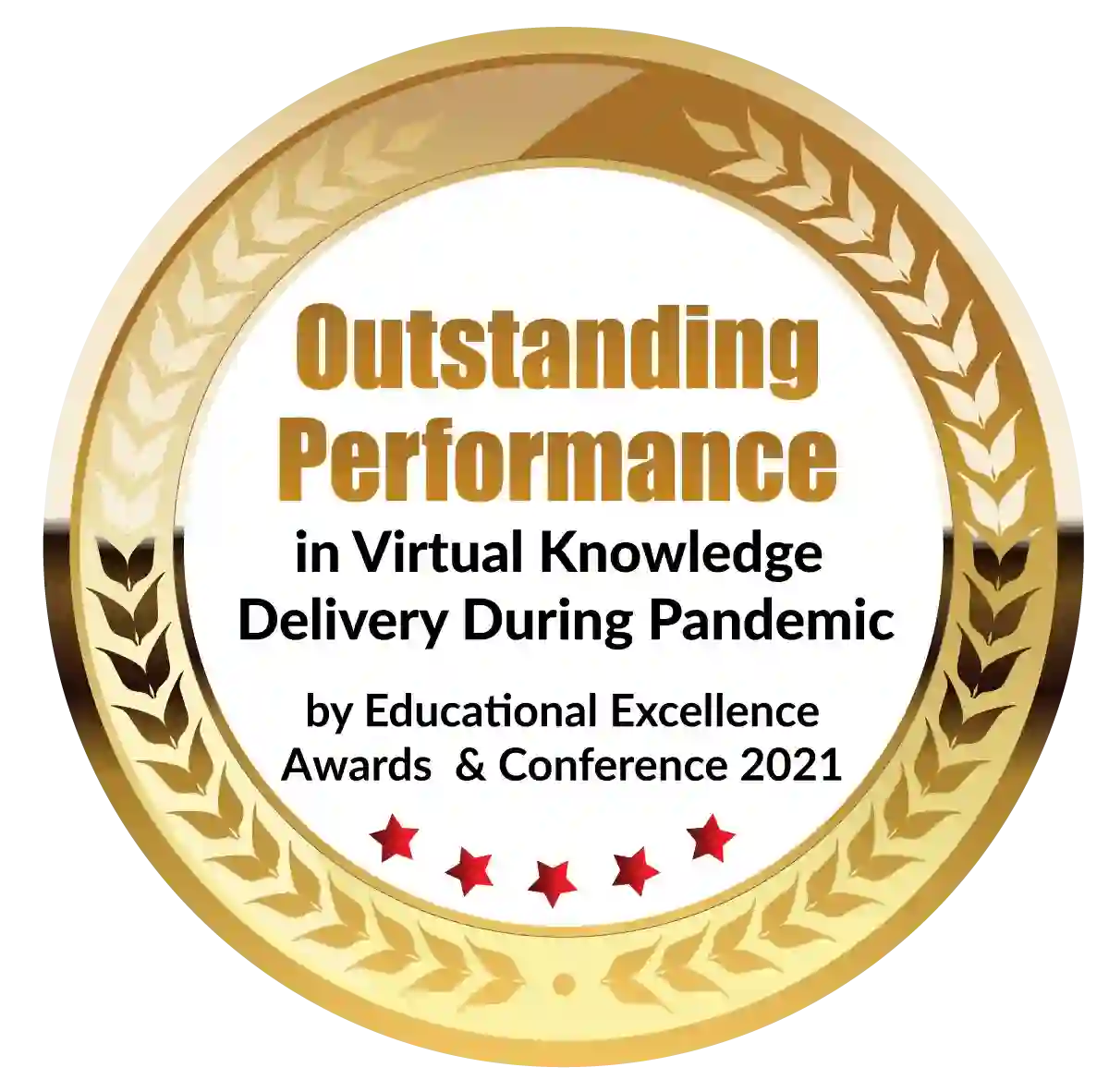8,000+
Students Trained & Placed
1,00,000+
Sq.Ft.of training area
45,000+
Worldwide Alumni Network
7
Kitchen Training Facility
₹ 60 Lakhs
UP to Scholarships
100%
Placement Assistance
International & National Internships only at 5-star Properties
One to One Corporate Mentorship
An Entrepreneurial Culture at the Campus
Human resource managers have the opportunity to assist others on a daily basis and to be a valuable member of their organization's management team, all while enjoying a stable career with high income potential. There is never a shortage of employment vacancies for human resource managers, as they are required by practically every organization in every industry. If you're considering this rewarding career path, you might be wondering how to become an HR manager. The answer is a combination of the appropriate HR courses, relevant work experience, professional certifications, and transferable talents. Continue reading to learn how to break into the human resources sector and land a human resources management job.
Paths to HR Management
HR courses or a business degree with a human resources specialization is normally required for employment at any level of human resources. A bachelor's or master's degree in human resource management is required for most entry-level employment, while a bachelor's or master's degree in human resource management is preferable for upper-level positions. Companies looking to hire an HR manager will want to see that you have prior experience. Additionally, you will need at least one year of experience in the human resources profession to earn industry credentials.
You can begin your career with HR courses like an associate's degree in human resources and get work experience while pursuing certifications and an online bachelor's degree in human resources to broaden your employment options. Additionally, you can complete your bachelor's or master's degree prior to entering the workforce. This manner, you can benefit from expanded work opportunities while accumulating the experience required for certifications. Whatever path you take, there are certain things you must accomplish and abilities you must acquire along the road to become a successful human resources professional.
Human Resources Degree Options
How can you know which HR courses are the best fit for you? Each of these routes may lead to a career in human resource management. It's entirely up to you how quickly you want to enter the workforce and how high you want to rise in the human resources industry. Continue reading to learn about the advantages of each form of human resources degree.
Associate Degree
A human resources associate degree teaches you everything you need to know for entry-level careers. To begin, you should anticipate studying human resource theories and procedures, as well as ethics and employment legislation. Additionally, the human resource management courses after graduation will address issues such as personnel recruiting, management, and training. Finally, you will develop critical skills in compensation, benefits, and payroll administration.
As a result, following completion of an associate's degree programme in human resources, you may qualify for the following positions:
- Clerk of records
- Assistant to the recruiter
- Human resources assistant
- Assistant with payroll
- Administrator of benefits
- Assisting with compliance
An associate degree, which normally takes two years to finish, is an excellent way to gain a head start in the professional world. You will possess all of the necessary knowledge and skills via this HR course. Costs will be a fraction of those associated with the majority of bachelor's and master's degree programmes. Additionally, you can earn a bachelor's degree in human resources online while working and gaining crucial on-the-job experience.
Certain firms will advance human resources employees based on their job experience rather than their education alone, making it possible to work your way up to management roles with only an associate degree. This is not always the case, though. Continuing your education beyond an associate degree is an excellent method to increase your prospects of advancement.
Bachelor’s Degree
If you're interested in becoming a human resources manager, a bachelor's degree is an excellent place to start. Employers often require candidates for human resources management positions to hold a bachelor's degree in human resources or a closely related discipline. Human resource management may require a background in corporate management, education, or information technology. Conflict management and organizational psychology courses can assist you in resolving a number of workplace challenges.
A bachelor's degree in human resources provides a more in-depth education than any other HR courses. The majority of programmes are planned to be completed in four years, while certain online degrees allow for faster completion. Transferring credits from an associate degree to a standard bachelor's or bachelor completion programme is frequently possible. Ensure that you speak with any colleges you are considering to learn about their transfer credit policies.
Along with general education coursework, a human resources bachelor's degree programme will cover the following topics:
- Organizational Behavior Compensation and Benefits Employment Law
- Planning Your Workforce: Selection and Recruitment
- Education and Development
- Personnel Management and Labor Relations
- Management of Performance
- Human Resource Management on a Strategic Level
Master’s Degree
A master's degree is the ideal route to take if you want to work as a human resources management. Certain roles demand a graduate degree in a field such as human resources or business administration (MBA). A master's degree in human resource management typically focuses on developing your leadership abilities.
MS in HR vs. MBA in HR
Furthermore, should you pursue a master's degree in human resource management or a human resource management course after graduation with a human resource management concentration? The solution is contingent upon two factors: 1) your conviction that human resources is the correct career route for you, and 2) the type of undergraduate degree you hold.
An MBA will provide you with a wide business education. You will be expected to study courses in all areas of business, including accounting, marketing, finance, management, and statistics, at the majority of schools. You will be eligible to enrol in a maximum of four, maybe five, human resources courses. A master's degree in human resources is substantially more focused on human resources. The majority of your courses will be in human resources or a related field.
PGDM in HRM
If you have strong people management skills and enjoy talent scouting, the PGDM in human resource management may be the right option for you after graduation. Numerous students choose this course because it is one of the most popular among students who enjoy working with others and becoming a vital part of the organization.
The PGDM in human resource management is all about managing an organization's human capital. From recruiting the best employees to understanding the country's human resources laws and regulations and bringing the company up to code, all of this is part of the HR professional's job. Additionally, they must maintain employee satisfaction and serve as a liaison between employees and upper management. They are the gears that keep the organisation functioning efficiently.
You can find all the information you need about the PGDM in Human Resource Management in the accompanying blog. From eligibility to the various professions that a PGDM hrm can lead to, you will receive all the knowledge you need to determine if this degree is the correct fit for you. Additionally, the following material will assist you in comprehending the field of human resource management and the numerous job prospects with a bright future.
If you are certain that you want to work in human resources, human resource management courses after graduation is the right choice for you. If you'd rather study other aspects of management in addition to HR leadership, an MBA in HR is the ideal path for you. Additionally, you'll want to prepare ahead while selecting a bachelor's programme. While the majority of MS in HR schools admit only business majors, MBA programmes admit candidates with any undergraduate major.








